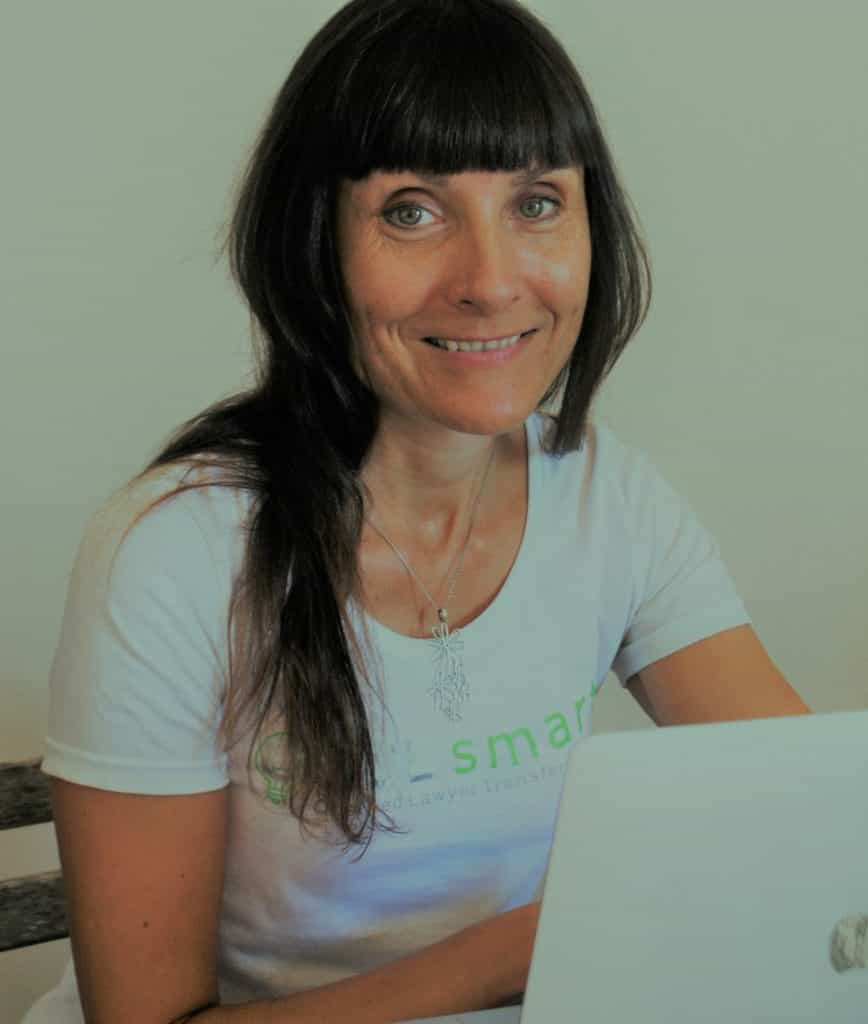
Putting our social, professional, sometimes even personal lives on hold, the COVID-19 lockdown has taught us the importance of being self-dependent and well-organised. QLTS OSCE candidates have had to learn it the hard way – reconsidering their priorities, rearranging their time, revisiting their preparation. With QLTS Kaplan postponing the May 2020 OSCE till August, and with virtually all the 2020 assessments very much hanging in the air, hundreds of lawyers qualified in recognised jurisdictions in Asia, Africa, Australia, Europe, Middle East, North and South America have been forced to suspend their travel plans – and get back to law books.
Learning through rereading
Rereading textbooks and notes seems to be the most popular strategy among students. This was one of the conclusions made in a 2009 study involving 177 undergraduate students at Washington University in St. Louis (private research university, USA). The students were surveyed about the strategies they use to study for exams, and repeated reading was indicated by 84% of students – by far the most popular strategy.
Yet a growing body of research suggests rereading is a rather ineffective learning strategy with limited benefits. Being passive, it represents repetitive recycling of information and does not contribute to creating permanent memories. To improve retention and boost learning, reading and rereading law books should be accompanied by note taking – which is based on production rather than review of material.
Create memories with note taking
As proved by numerous experiments, note taking has a positive impact on such cognitive variables as attention, memory and comprehension – this results in note takers considerably outperforming non-note takers.
But does that mean any notes are a tool enhancing active learning during your OSCE or future SQE prep? The answer most experts are unanimous about is No. Using ready-made notes equals the same passive rereading which unfortunately does not enhance long-term retention. As opposed to that, the production and review of their own notes allows learners to process the content of OUP and CLP books more deeply, as well as to make better connections between ideas.
Making notes should be a creative process: instead of a commonly used linear style it is worth considering a visual or graphical form of representing information. Everything that keeps you more engaged and less passive is absolutely welcome – making diagrams, drawing visual models, creating mind maps.
With that in mind, when deciding on a SQE or QLTS OSCE training provider, remember to check the seemingly insignificant details: Do they involve you in active learning by encouraging you to create your own notes? Is their exam prep based on active learning strategies? If you know the answers to these questions, you have your answer on the choice of the superexam prep course.
Distribute your learning
Beyond any doubt, OUP and CLP books and manuals constitute the main source of theoretical knowledge assessed in the qualifying exam. Thorough preparation for the SQE assessment requires at least one full reading of all the chapters included in the books, and no notes can substitute them. At the same time, it proves unproductive to read all of the materials close to the exam time. Cramming is just not going to help.
In contrast to such massed rereading, with all the reading crammed in a short period of time, distributed rereading has been found to produce more benefits – and better test results. By distributed rereading we understand rereading distributed over a longer time, with short interstudy intervals.
To learn effectively, aspiring solicitors should let their brain gain some ‘muscular structure’ – by doing a little work every day, slowly but surely. Distributed learning obviously takes more effort – and more willpower, but it has proved to result in the long-term retention of knowledge and skills, as well as improved test performance. It also helps aspiring solicitors build upon their prior knowledge. In contrast to that, massed rereading is found to produce only an illusion of competence. Would you really like to take that to the exam? Remember you can perform much better if your SQE preparation is spread out, if after the material is first learnt, you allow for some time to pass before the next study event.
Look for smart alternatives
To revisit the key issue, we started with an outcome of one of the studies of college students’ real-world study behaviours: repeated reading is favoured by 84% of students. However based on available research, it seems full benefits will be gained by those who after doing the primary reading, space their rereading over regular multiple sessions. Moreover, there are grounds to assume that pass marks in the exam will be more easily won by another 16% – candidates opting for more potent study methods which produce consistent and long-term results.
A closer look at smarter learning strategies recommended to lawyers who seek to qualify as solicitors of England and Wales will be taken in our next article – please stay tuned!
To inquire about distributed practice-oriented SQE training, please contact info@qltsosce.co.uk or check out https://qltsosce.co.uk/.
OSCE/SQEsmart is a QLTS/SQE training provider with a strong focus on building the candidate’s practical skills. Among a variety of exam preparation materials, OSCE/SQEsmart provides access to SQE2 mocks. Individual SQE2 oral mock sessions are conducted online via Zoom by qualified solicitors and interviewers who follow up the individual mock sessions with detailed feedback and analysis. SQE2 written legal skills assessments are conducted online and receive individual marking and feedback. Boost your SQE preparation without leaving the comfort of your home or office, and at any time you find suitable.


